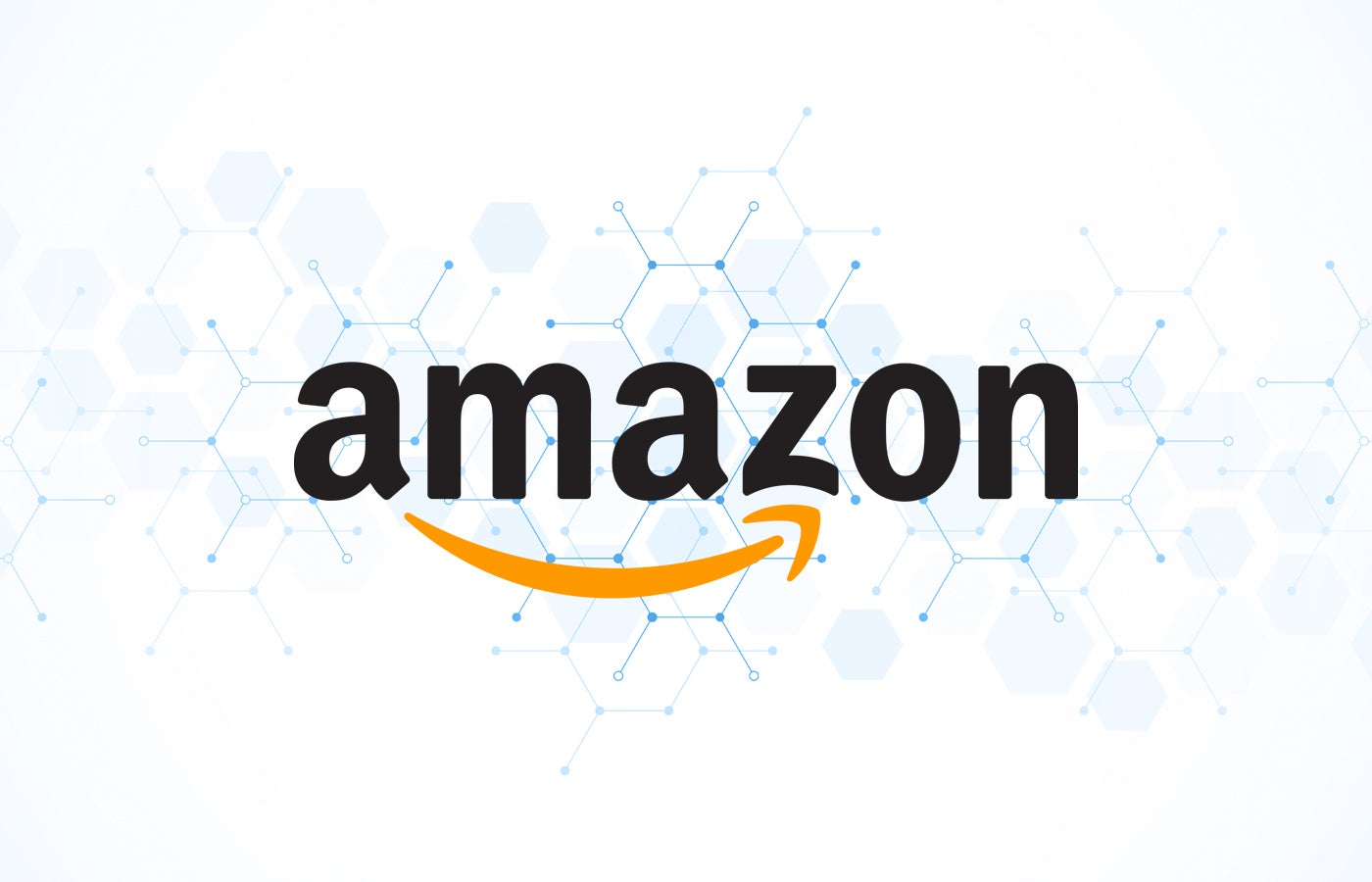AWS subscribers now have access to generative AI models that rival GPT-4o. On Dec. 3, during the AWS re:Invent event held in Las Vegas and online, AWS announced six new model sizes for different use cases in the new Amazon Nova family.
“Inside Amazon, we have about 1,000 generative AI applications in motion, and we’ve had a bird’s-eye view of what application builders are still grappling with,” Rohit Prasad, SVP of Amazon Artificial General Intelligence, said in the press release.
“Our new Amazon Nova models are intended to help with these challenges for internal and external builders and provide compelling intelligence and content generation while also delivering meaningful progress on latency, cost-effectiveness, customization, Retrieval Augmented Generation (RAG), and agentic capabilities.”
What is Amazon Nova?
Amazon Nova is a line of generative AI foundation models available on AWS’s Amazon Bedrock AI hosting service. Organizations can experiment with three size options today:
- Amazon Nova Micro is a text-only model with a quick response time of 210 output tokens per second. Amazon claims it outperforms Meta’s Llama 3.1 8B and Google’s Gemini 1.5 Flash-8B. Nova Micro is intended for applications requiring quick responses at a relatively low cost.
- Amazon Nova Lite is another small model in the Nova family. Unlike Micro, it can analyze either image, video, or text inputs. Comparable to OpenAI’s GPT-4o mini, Nova Lite is intended for quick summarization and interpretation of charts or video presentations. Because it can understand images on computer screens and perform function calling, Amazon Nova Lite is appropriate for some quasi-autonomous chained behaviors used for “AI agent” tasks.
- Amazon Nova Pro is the mid-range model. Amazon said it performs faster, more accurately, and costs less than OpenAI’s GPT-4o or Google’s Gemini 1.5 Pro. Nova Pro can interpret text or images and supports agentic workflows.
Once customers have a Nova model, they can fine-tune it based on their proprietary data.
In addition to the size options, organizations can also select from an image generation model (Amazon Nova Canvas) and a video model (Amazon Nova Reels). Both of these are intended to create “studio-quality” content.
- Nova Canvas creates images based on text or image prompts. Amazon notes it includes safety features such as watermarking and content guardrails.
- Nova Reels creates six-second videos, with Amazon planning to extend the possible video length to two minutes in “the coming months.”
SEE: AI regulation is ongoing in Australia, with a committee calling for large models from OpenAI, Meta, and Google to count as “high-risk.”
What’s next?
The fourth model in the Nova line, Nova Premier, will not be available until the first quarter of 2025. Amazon expects Nova Premier to bring multimodal (video, image, or text-to-text) interpretation and a hefty data library that organizations can use to train other models.
Also, Amazon plans to add a model that can respond naturally to spoken conversation. They are also working on a multimodal-to-multimodal model to interpret and output text, images, video, or audio.
While it’s yet too early to see how Nova will compete with rivals like OpenAI, Google, and Meta, Amazon scored one major partner in SAP, which offers the models on its AI Core platform.
TechRepublic is covering AWS re:Invent remotely.
